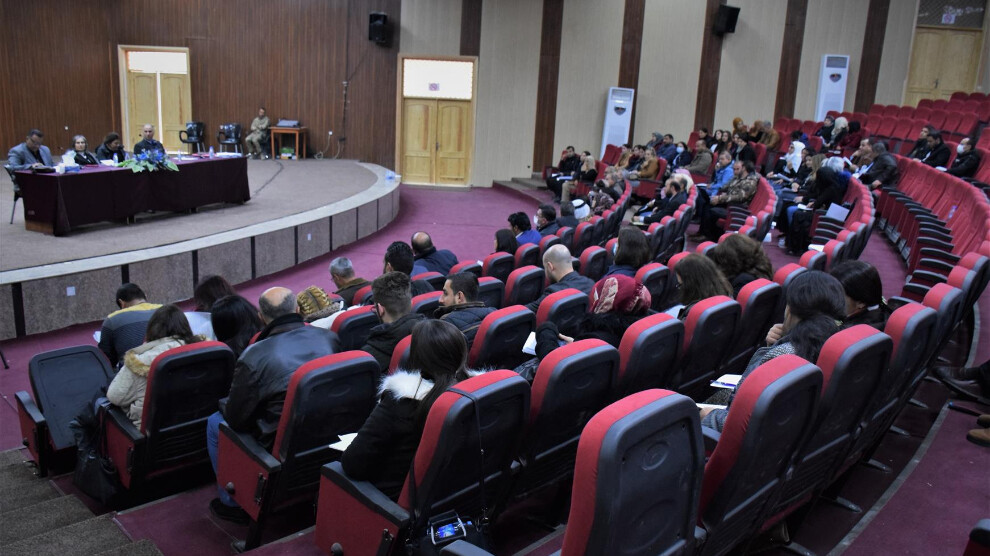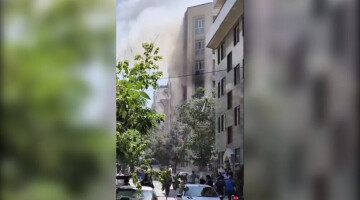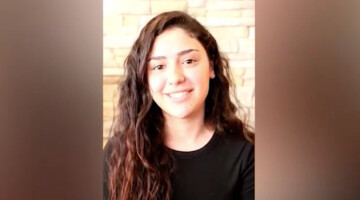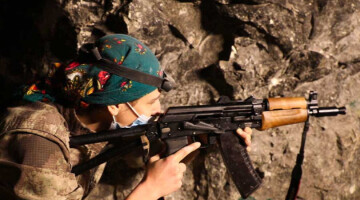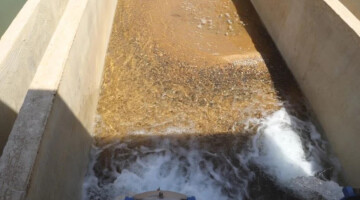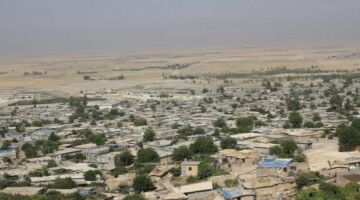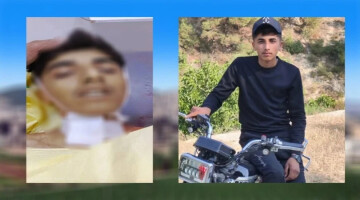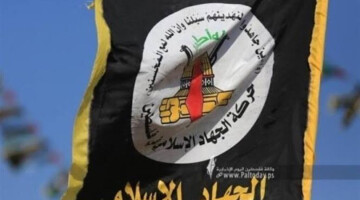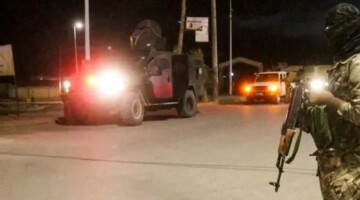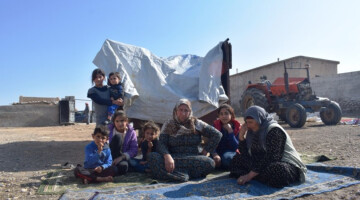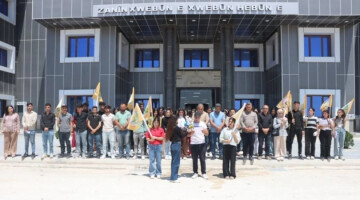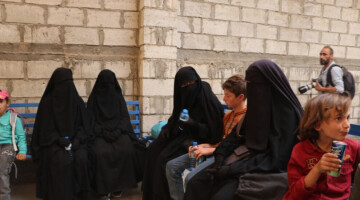The meeting of the extended committee in charge of drafting the new Social Contract for the Federation of Northern and Eastern Syria ended after three days of discussion.
The meeting was held in Heseke and attended by over 100 members of the social contract preparatory committee. The committee went through each point in detail, and voted on changes. A new date will be set to continue the conference and discuss the rest of the points in full.
The new Social Contract will reflect input from the four majority Arab regions liberated from ISIS, Tabqa, Manbij, Raqqa and Deir ez-Zor.
The draft was written by a smaller committee of 30 people, chosen by the preparatory committee at their first meeting in July. The smaller committee solicited input from the communities they represent during the drafting process.
Amina Omar, Co-Chair Syrian Democratic Council (MSD) Political Council, told RIC: "The new social contract is important for the people of North East Syria. It has brought us all together to express our free will. The new contract will ensure human rights for all, including women, youth and religious communities."
The committee included representatives of women's institutions, Kurds, Arabs, Syriacs, Armenians, Circassians, Yazidis, from different Cantons and regions of the AANES, Afrin, Shahba, Manbij, Kobane, Tabqa, Raqqa, Deir Ez-zor, Jazira.
On 15 July this year, the Autonomous Administration formed a small committee, consisting of 30 members, who would draft the new Social Contract that has been discussed in the past three days of meetings.
Areef Qasabian, co-chair of the Armenian Social Council in Heseke, told ANHA that the draft Social Contract protects the rights of all components in the region, and added that " all components of the administration are represented, starting from the grassroots through communes and councils and preserves the rights of the components through their representatives".
The proportion of the Armenian component in North East Syria reaches 30 percent, according to what the co-chair of the Armenian Social Council in Heseke indicated.
Mustafa Nabo, member of the administrative body of the Yazidi Union in Syria, said that the draft is the “representation of all components. We as Yazidis, for the first time in history, were able to document our rights within a constitution, a Social Contract, a pact that brings together the social situation in the region, and we see this charter as a guarantee of the rights of the Yazidis."
Nabo pointed out that there is a special clause related to the Yazidi component and added that "the draft considers the Yazidi religion to be a religion in itself and not a sect of another religion, and this was confirmed in the draft of the Social Contract." Nabo underlined that "throughout history we have been marginalized, especially in Syria, and no constitution or law mentioned that the Yazidis are one of the components in the country."
Georgette Barssom, a member of the Syriac Women's Union, said that the draft of the Social Contract means the "realization of the rights and freedoms of all components and ethnicities, and their intellectual and cultural freedom."
She noted that the contract allows all religions in North East Syria to practice their traditions and speak their languages. "The Syriac component was granted full freedom and rights within its regions, like the other components."

